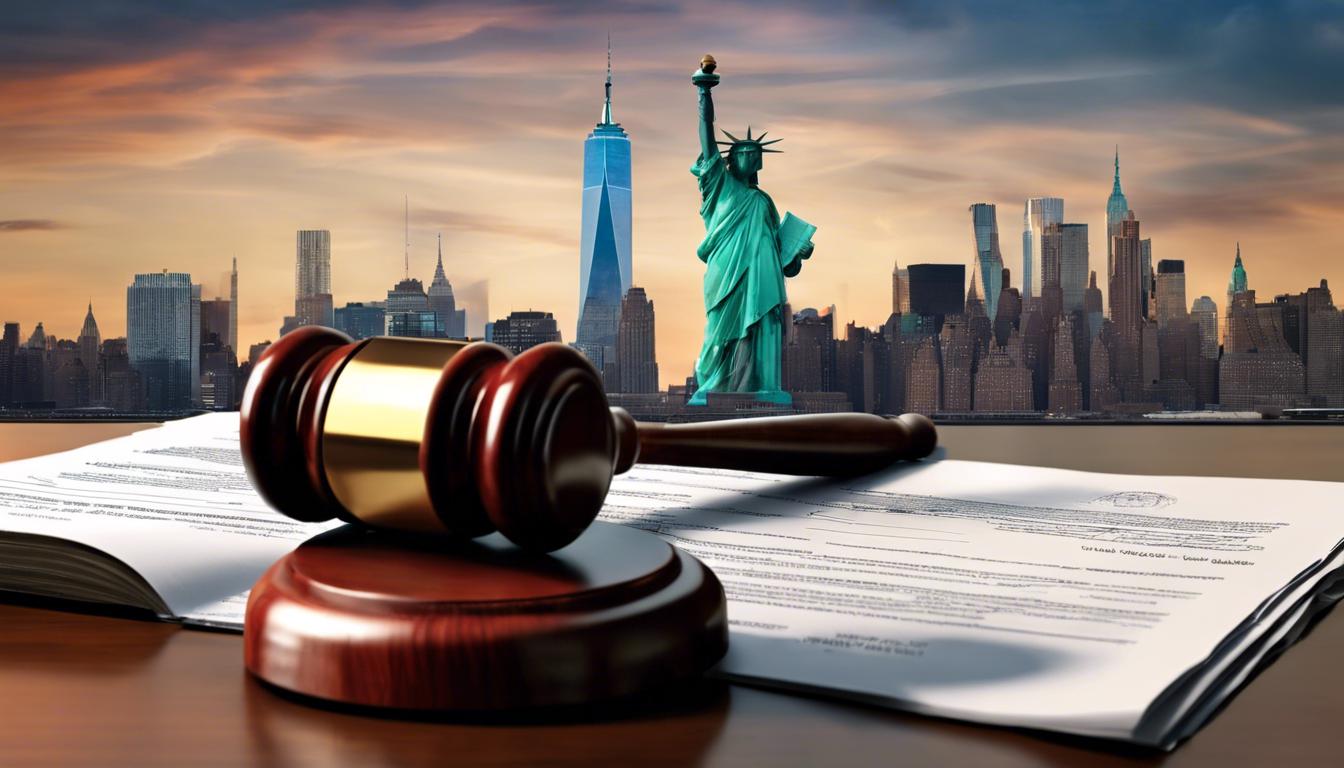Courts in New York and Florida deliver contrasting rulings affecting the timeline of Donald Trump’s pending trials, with legal maneuvers in New York setting a definitive trial date while proceedings in Florida encounter delays.
In a series of legal developments involving former President Donald Trump, both New York and Florida courts have made significant rulings affecting the timeline of Trump’s pending trials. In New York, Judge Juan Merchan rejected Trump’s attempt to delay his criminal trial related to alleged hush-money payments. Trump’s legal team claimed presidential immunity and sought to limit evidence from his time in office, but the judge dismissed these claims, citing the late submission of the motion. The trial addresses accusations that Trump falsified business records to hide payments to adult film actress Stormy Daniels, allegedly to conceal an affair. The starting date for this trial is set for April 15th.
In contrast, the progress of Trump’s trial in Florida, concerning charges of retaining national security documents, has seen delays under US Judge Aileen Cannon. Hopes for a July start were diminished as Cannon has not yet finalized a trial schedule, despite receiving proposed dates from both parties. Trump’s legal team has suggested an August trial date, a move interpreted as aligning with Trump’s strategy of delaying legal proceedings. The complexity of the case, governed by the Classified Information Procedures Act and a backlog of unresolved motions, contributes to the postponement. The precise timeline remains uncertain as Judge Cannon strives to make the proceedings public, further delaying the scheduling of the trial.
Moreover, Trump’s legal challenges in New York include an extension of a gag order by Judge Merchan, prohibiting Trump from making derogatory comments about the judge’s family members, although he can still criticize the judge and the Manhattan district attorney overseeing the case.
These developments mark continued legal turmoil for the former president, affecting timelines and proceedings in cases with significant public and political implications.













